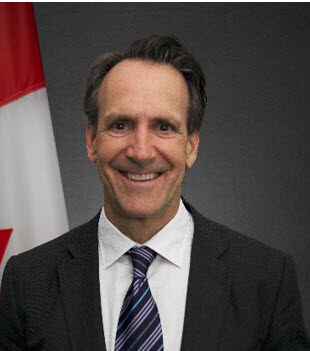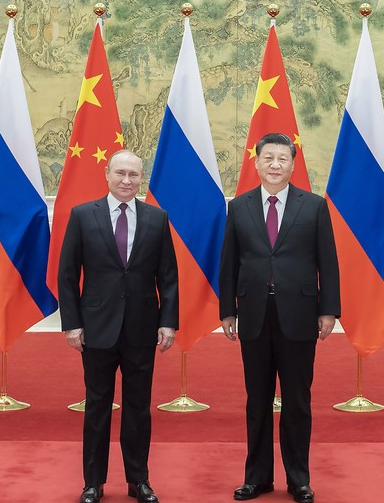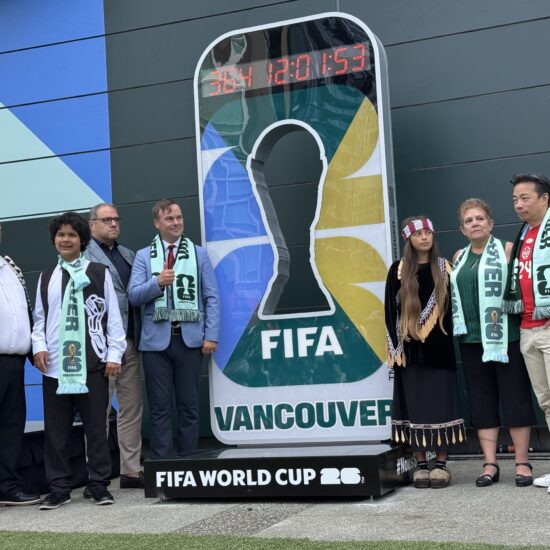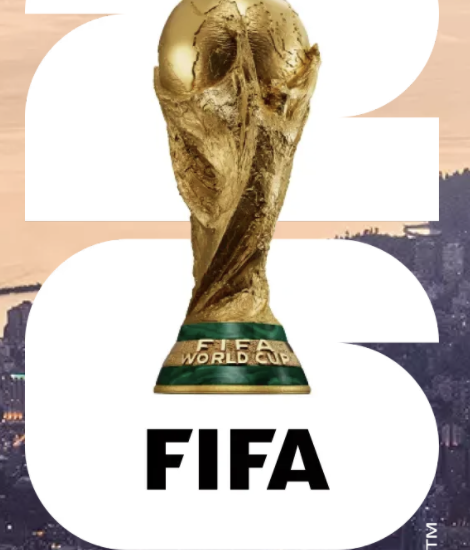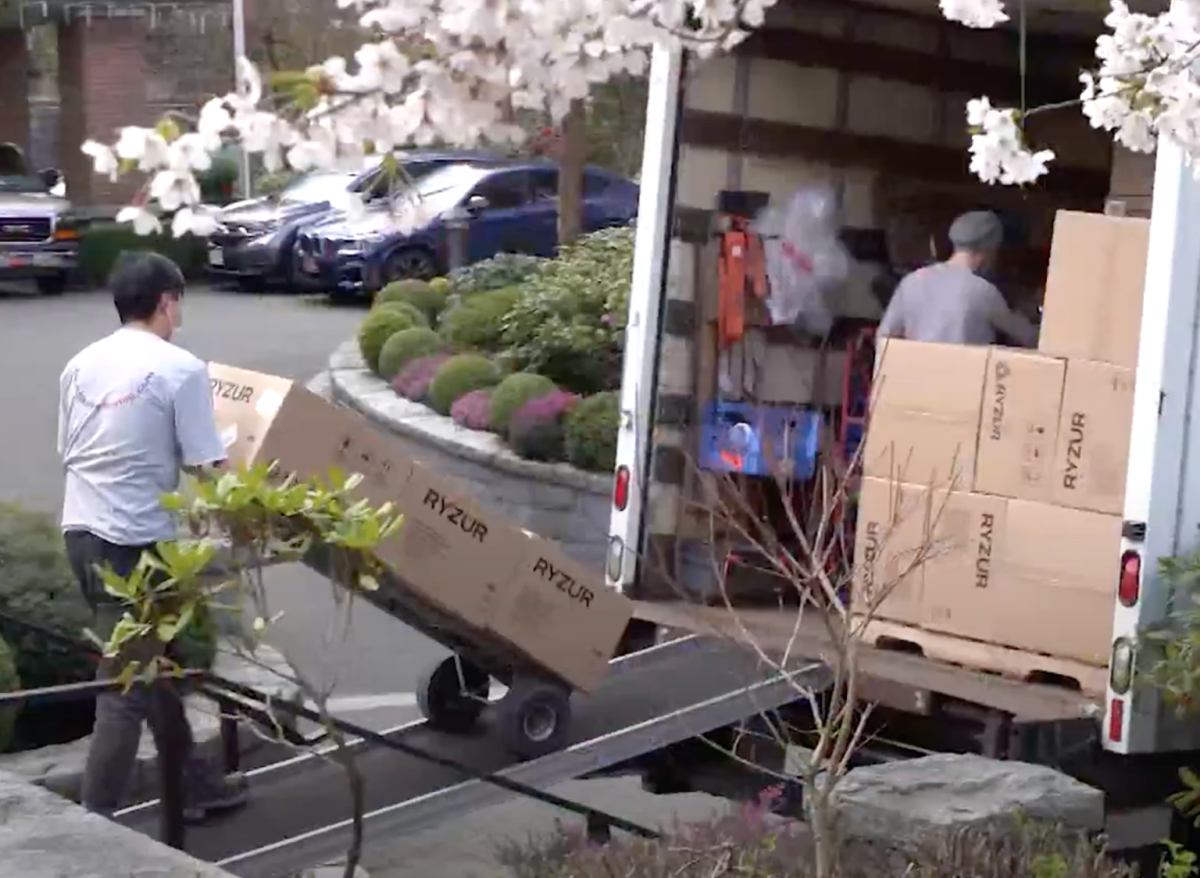
Bob Mackin
A company whose masks were bulk-imported by the People’s Republic of China’s Vancouver consulate is one of several affected by a product recall in Canada.
On May 11, Health Canada issued a bulletin that ordered sales of Chinese-made KN95 respirator masks be halted by the end of day May 12, citing tests by the U.S. National Institute of Occupational Safety and Health (NIOSH).
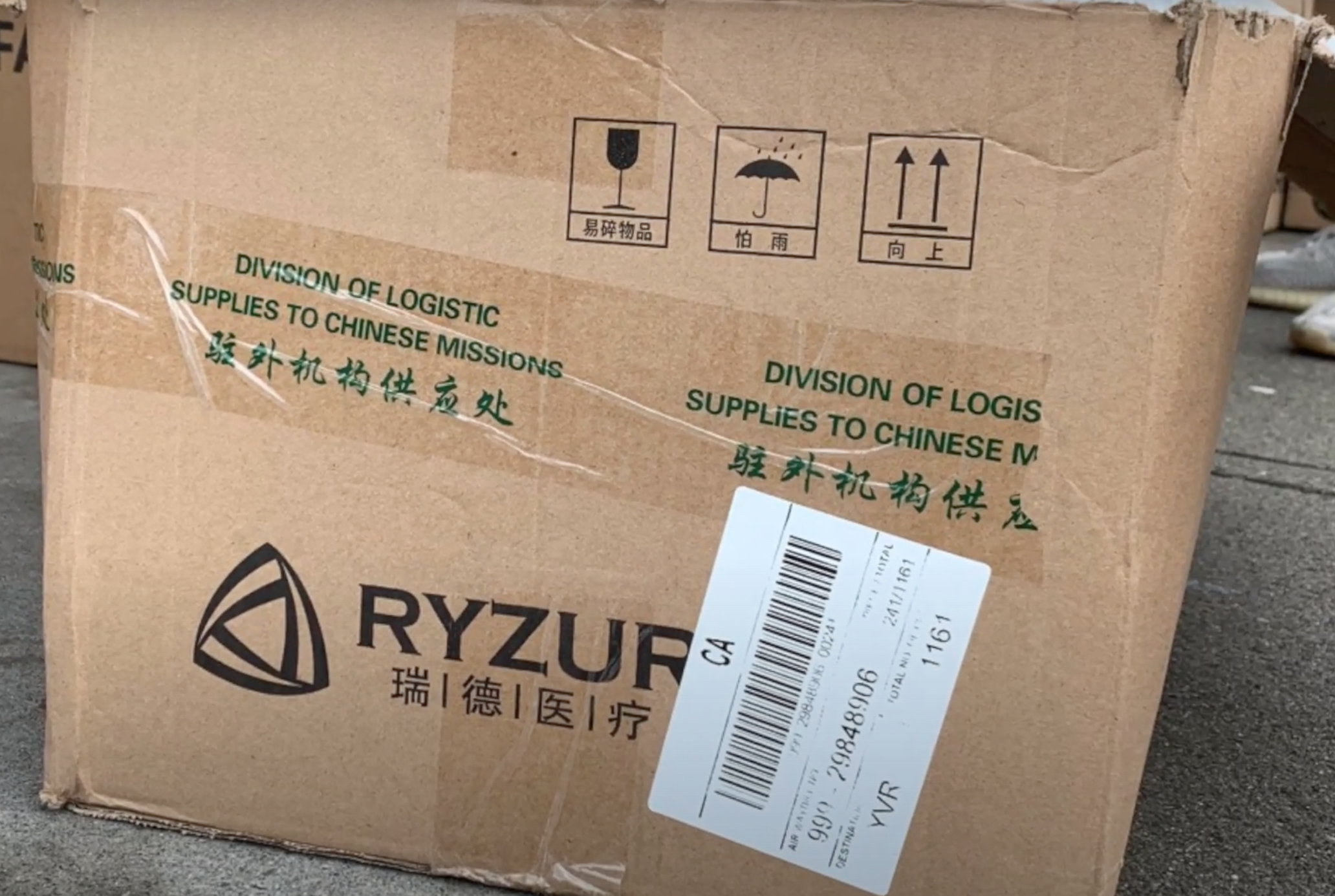
A box of Ryzur PPE imported to Vancouver by the Chinese consulate
The National Personal Protective Technology Laboratory (NPPTL) found that certain masks “pose a health and safety risk to end users.”
The NIOSH list included 13 models from various manufacturers that did not meet the 95% filtration requirement, including Ningbo Green Health Science & Technology Co., Ltd. (maximum 45.8% filtration); Guangdong Shantou Machinery (maximum 49% filtration); and Anhui Ryzur Medical Equipment Manufacturing Co., Ltd. (maximum 33.9% filtration).
The Ryzur product had another flaw that is common among Chinese-made brands.
“Currently, there are no NIOSH-approved products with ear loops,” the bulletin read. “NIOSH-approved N95s have head bands. Furthermore, limited assessment of ear loop designs indicate difficulty achieving a proper fit. While filter efficiency shows how well the filter media performs, users must ensure a proper fit is achieved.”
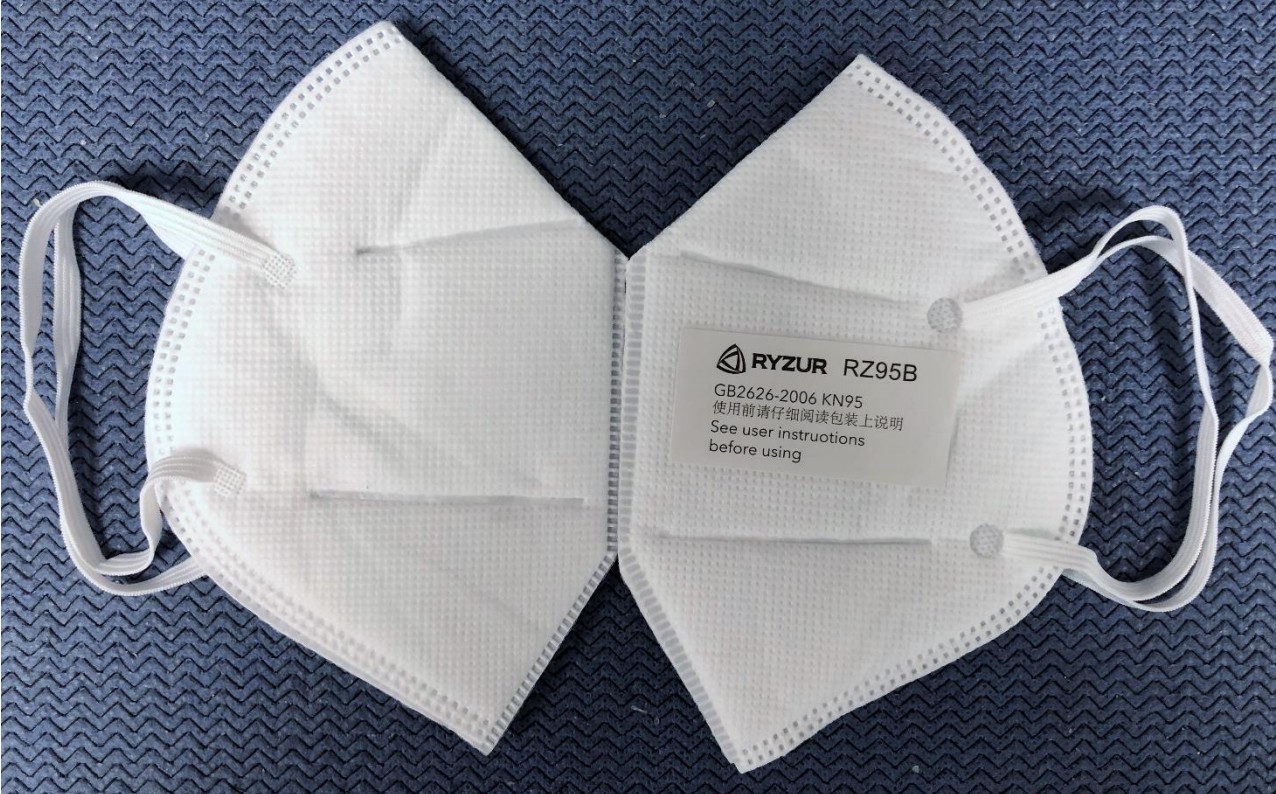
Ryzur KN95 mask (NIOSH)
Phoenix news channel’s Vancouver bureau showed consular staff unloading Ryzur-branded boxes of PPE on April 3 from the back of a real estate agent’s cube van in the Chinese government’s Shaughnessy compound.
Ryzur is contesting the NIOSH test results, claiming “the product tested by NPPTL is an extremely low quality counterfeit of Ryzur’s products.”
According to its May 10 declaration letter, Ryzur claims a German test found its KN95 respirator had filtration capacity exceeding 98%. The company, a subsidiary of Beijing Ruishan Bozhong Medical Equipment Co. Ltd., has retained lawyers in the U.S. A third of its 3,000 employees are in the PPE division, the company says.
“Ryzur has been operating in Chinese medial (sic) industry for nearly 15 years and has more than five self-operated and cooperative hospitals with over 2,000 beds in China, as well as two medical device production facilities in Hefei, Anhui Province and Beijing,” the declaration letter said.
The Health Canada bulletin ordered the current stock of KN95s be relabeled as face masks for distribution to healthcare and non-healthcare settings where a 95% filtration rating is not needed.
“Health Canada has deemed this a Type 2 risk, meaning, the use of (or exposure to) a recalled device may cause temporary adverse health consequences, or where there is not a significant probability of serious adverse health consequences,” the bulletin said. “In addition to this bulletin, Health Canada will be sending regulatory letters to the implicated Medical Device Establishment Licence (MDEL) holders informing them of this same information.”
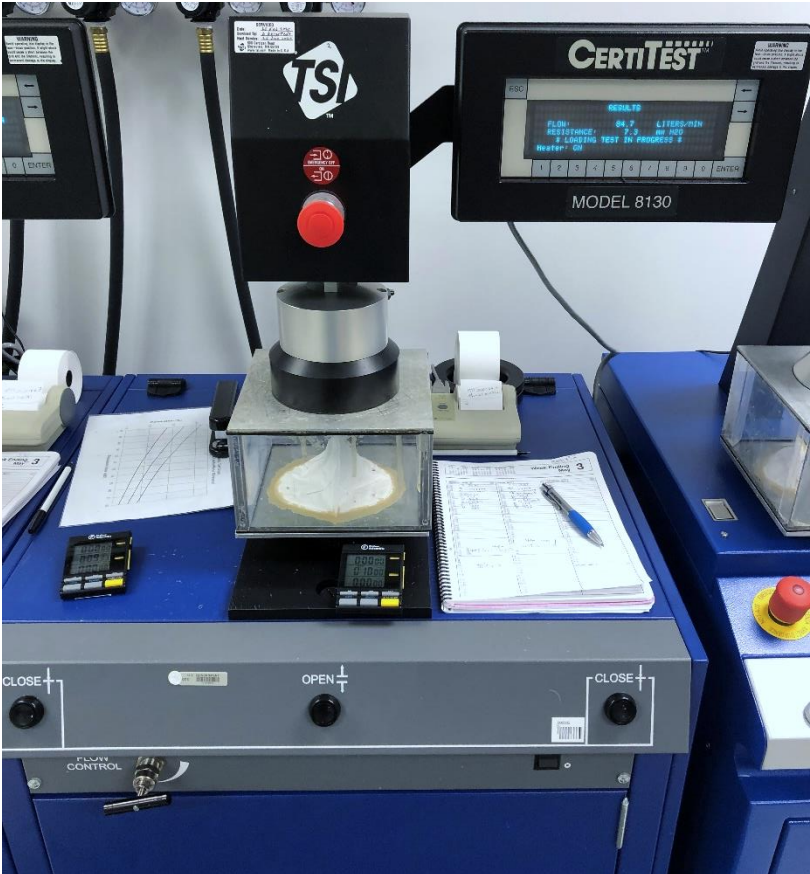
NIOSH testing a Ryzur KN95 mask.
To continue selling products as respirators, authorization is required under the Canadian government’s interim order respecting importation and sale of medical devices in relation to COVID-19. Independent laboratory performance testing would also be required.
KN95 masks are the Chinese standard, similar to N95, that B.C. Health Minister Adrian Dix said on April 21 would be accepted in B.C. Dix said B.C. received 3.7 million respirators, of which 3 million were N95 and 700,000 KN95.
“While 3M is our traditional supplier, other manufacturers can and do produce N95 respirators, it’s about the standard, not the brand,” Dix told reporters on April 21.
Dix has not revealed the names of other suppliers or the amount B.C.’s government has spent so far in 2020. Melinda Mui, who is in charge of B.C.’s $2 billion-a-year medical equipment procurement department, has visited the Chinese consulate at least two times to accept PPE donations from the Chinese government.
On April 23, the Canadian government admitted a million KN95 masks did not meet Canadian standards and would not be shipped to provinces where doctors, nurses and paramedics need the respirators for their protection. On May 9, Prime Minister Justin Trudeau told reporters that the government was in talks with the supplier of 8 million rejected N95 masks that were imported from China. The names of the supplier and manufacturer were not disclosed.
“We will not be paying for masks that do not hit the standards that we expect to give to our frontline workers,” Trudeau said.
Trudeau said there had been 23 personal protective equipment import flights from China. He was not clear whether he counted the two that came back to Canada empty over logistical issues at the Shanghai airport.
Support theBreaker.news for as low as $2 a month on Patreon. Find out how. Click here.
- Looking for information on how to keep yourself and others healthy amid the coronavirus pandemic? Do you have symptoms? Click here for all you need to know, from HealthLinkBC.






